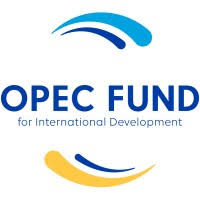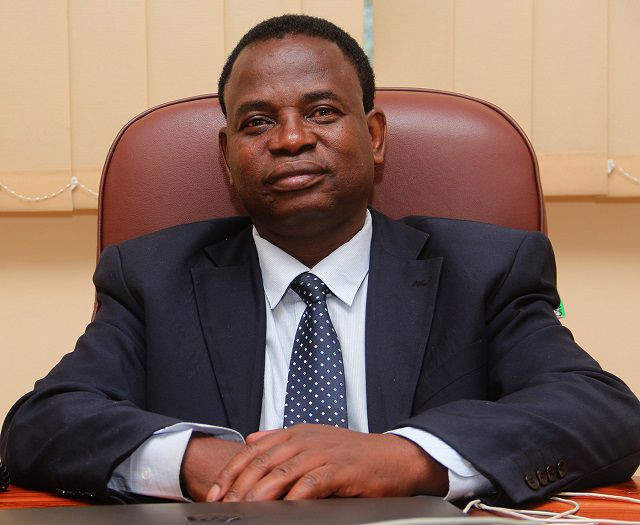
GOVERNMENT has received US$20 million from the OPEC Fund for International Development to support the construction of new schools in resettlement areas across the country.
Most resettlement areas once owned by white farmers do not have schools with most of lessons being held in makeshift classrooms.
White former farm owners usually enrolled their children in boarding schools — which they could afford — or drove them to faraway schools where they could access the good education.
Government offered a quick fix, establishing primary and secondary “satellite” schools as a short-term measure.
The satellite schools remained unregistered and had no proper infrastructure.
In some areas, tobacco barns were converted to classrooms.
Two decades later, the challenge of access to education in these areas persists.
However, Primary and Secondary Education minister Torerayi Moyo, told Senate last week that the ministry has partnered OPEC for the construction of schools in settlement
- Teachers, other civil servants face off
- Veld fire management strategies for 2022
- Magistrate in court for abuse of power
- Vungu Dam water treatment and irrigation project takes off
Keep Reading
areas.
“They have given us resources and they disbursed US$20 million for construction of new schools for education to be accessible to all citizens,’’ he said.
Moyo was responding to a question on what the ministry was doing to ensure learners in resettlement areas had access to education.
“In some places, satellite schools were built and still exist but government is planning to construct new schools. Last year there were 90 schools constructed and more than 200 classrooms,” he said.
“We are looking at solving problems of constructing and refurbishing dilapidated structures to have good quality structures within settlement areas.”
According to the 2021 Annual Education Statistics Report, Zimbabwe has 5 329 registered primary schools compared with 2 090 registered secondary schools and 1 087 satellite primary schools compared with 876 satellite secondary schools.
“We have been working with the Ministry of Lands, Agriculture, Fisheries, Water and Rural Development and local authorities in the construction of schools,” Moyo said.
“Government is determined to refurbish and construct schools in dilapidated situations so that students have access to better quality education as it is their mandate to improve the nation so that development can be achieved as education is key.”










